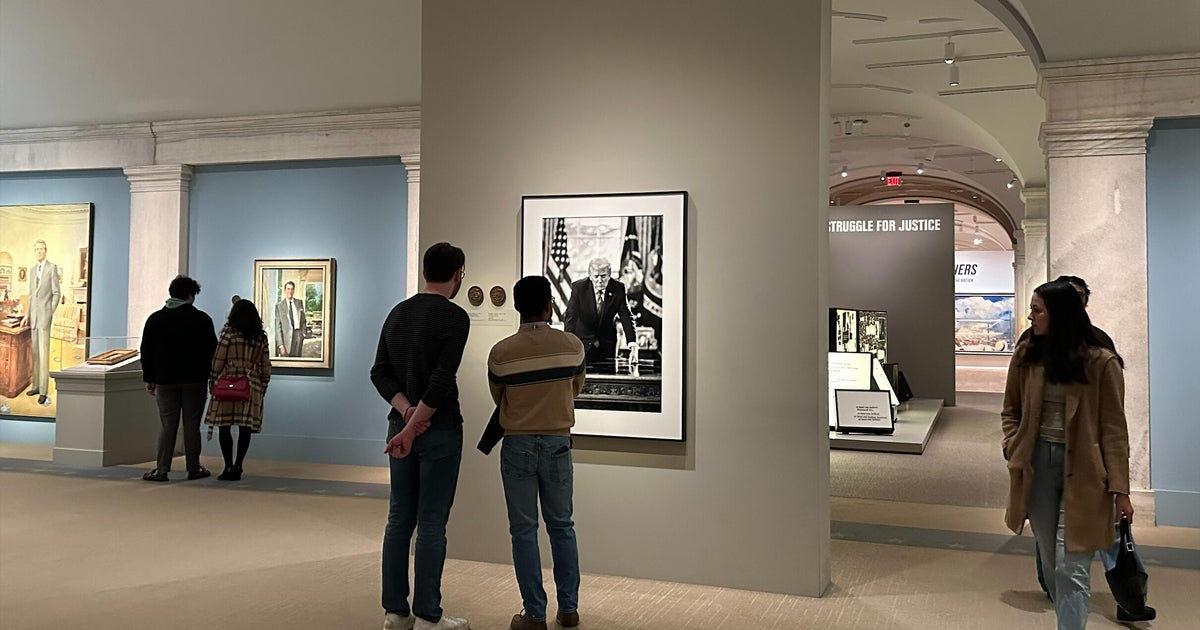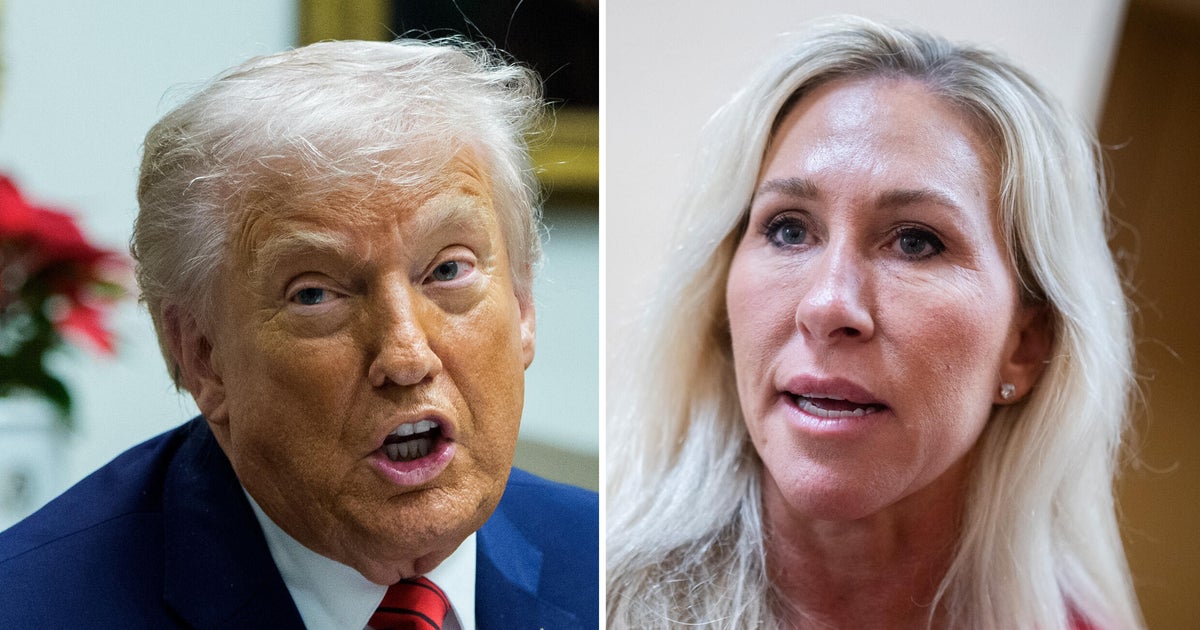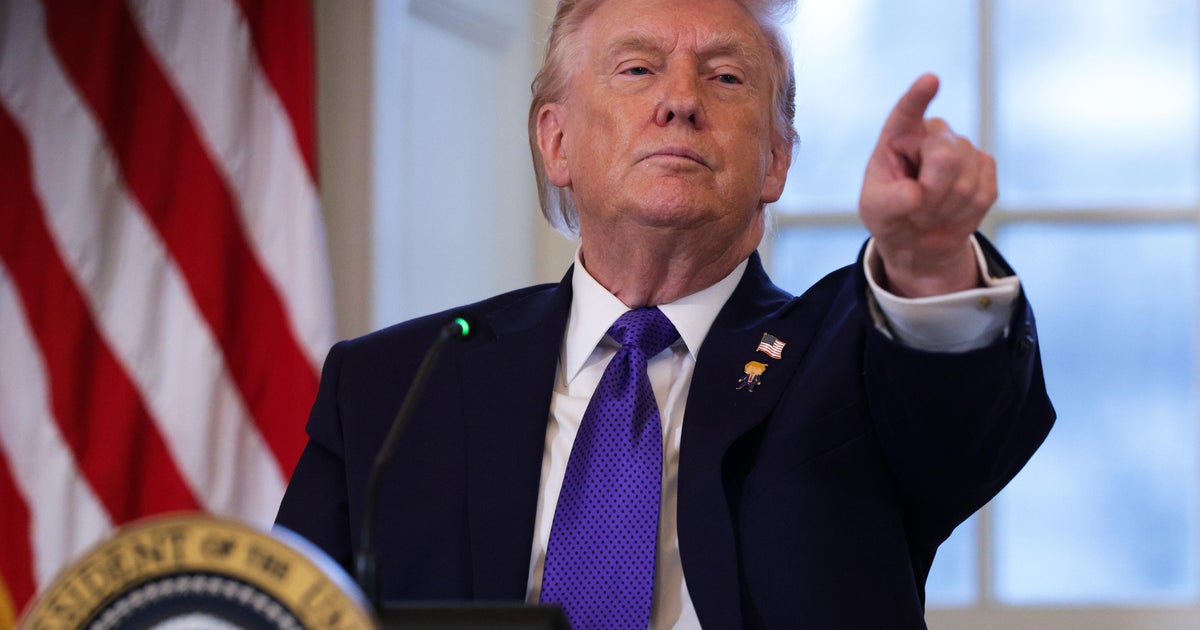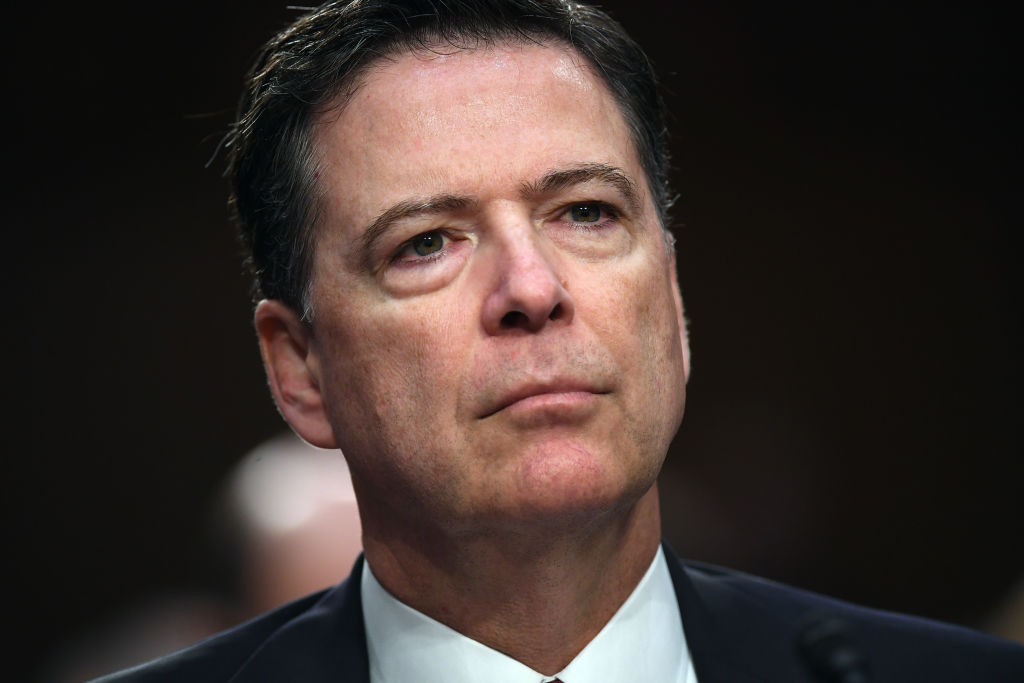Trump's lawyer plans to file complaint against Comey over memo
President Trump's private lawyer plans to file a complaint against fired FBI Director James Comey with the Senate Judiciary Committee and Department of Justice Office of Inspector General after Comey said Thursday he released a memo documenting his interactions with the president, sources familiar with the lawyer's thinking tell CBS News' Margaret Brennan.
It's unclear exactly what the complaint will allege, but Mr. Trump's personal lawyer, Marc Kasowitz, kept the possibility of legal action open Thursday in a statement he made in response to Comey's testimony before the Senate Intelligence Committee, accusing Comey of leaking privileged communications with the president. The complaint is expected to be filed next week.
Comey has no comment about threats to file a complaint, according to an individual in contact with the former FBI director, CBS News' Andres Triay reports.
The legal team is still gathering information and putting together a timeline. They aim to raise the concern that Comey may have violated his signed FBI agreement preventing him from disclosing sensitive information. It is unclear if anyone at FBI gave Comey permission for the disclosures or whether Comey needed permission to make his disclosures.
In addition, Mr. Trump's lawyers may object to Comey's disclosure of private conversations that he had with the president, which they will argue are protected under executive privilege. The president's prior waiver of executive privilege only applied to public testimony and not these "leaks" of the conversations. Comey did not seek the president's permission to release that information, but it's not clear that he needed to, given that he, as a private citizen, was sharing his own recollection of the conversations, CBS legal reporter Paula Reid notes.
There is also a potential argument to be made that the information became classified once Comey typed them on a classified laptop, as he claims to have done. He then took those notes with him when he became a private citizen. Comey made it clear in his testimony, however, that the information in his memos was unclassified.
Comey testified Thursday that he memorialized a February conversation he had with the president in which Mr. Trump asked him to drop an investigation into former National Security Adviser Michael Flynn. After Mr. Trump fired Comey in May, Comey said he gave that memo to a friend, Columbia Law School professor Daniel Richman, who in turn gave the contents of the memo to the New York Times. Comey told the Senate Intelligence Committee he hoped the release of the memo's comments would prompt the selection of a special prosecutor to oversee the FBI's probe into Russian election meddling and any ties to the Trump campaign.
"Of course, the Office of the President is entitled to expect loyalty from those who are serving in an administration, and, from before this president took office to this day, it is overwhelmingly clear that there have been and continue to be those in government who are actively attempting to undermine this administration with selective and illegal leaks of classified information and privileged communications," Kasowitz said in his statement Thursday. "Mr. Comey has now admitted that he is one of these leakers."
The president has made it clear punishing leakers is a priority, after multiple anonymously sourced stories from the White House and intelligence community have plagued his administration. Breaking his silence on Comey for the first time since the former FBI director testified, Mr. Trump on Friday morning tweeted. "WOW, Comey is a leaker!"
It's unclear exactly what kind of complaint Kasowitz could file that could gain traction, given the lack of classified information in the Comey memos. Reid points out that it seems unlikely that the former FBI director, a career prosecutor, would have disclosed anything that would put himself in legal jeopardy, and she pointed out that Kasowitz does not plan to pursue legal action against Comey -- the complaints are being filed with two bodies that have no legal power -- the Senate Intelligence Committee and the DOJ IG. The latter entity has been preparing a report on Comey's handling of Hillary Clinton investigation, a report that the president did not wait for when he decided to fire the FBI director.
The president himself also publicly addressed the February 14 conversation when he tweeted, shortly after firing Comey, that Comey should hope there are no tapes of their conversations.
"Lordy, I hope there are tapes," Comey said in his Thursday testimony.
CBS News' Margaret Brennan and Paula Reid contributed to this report.





